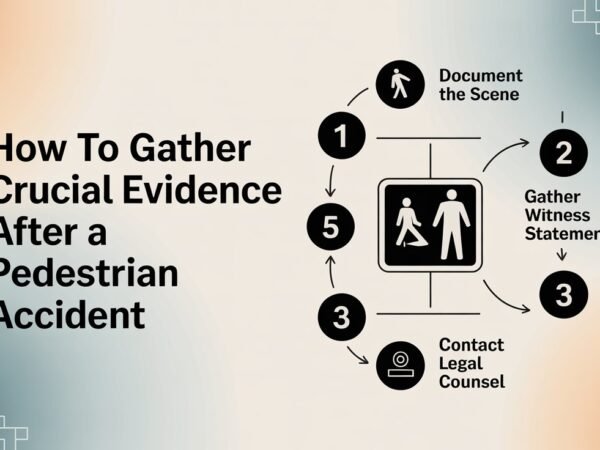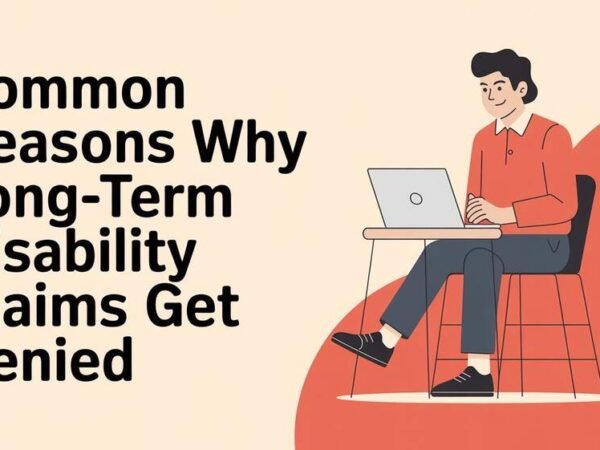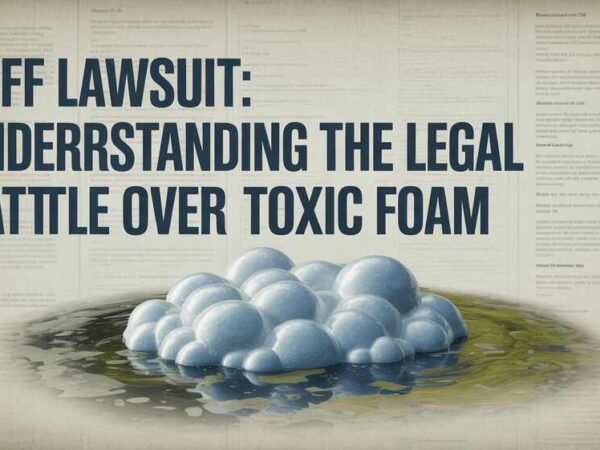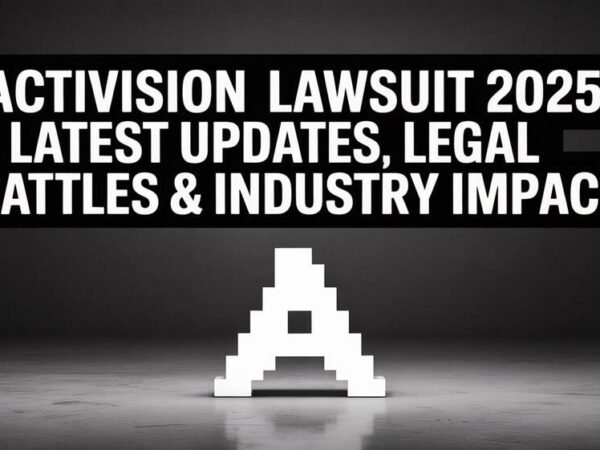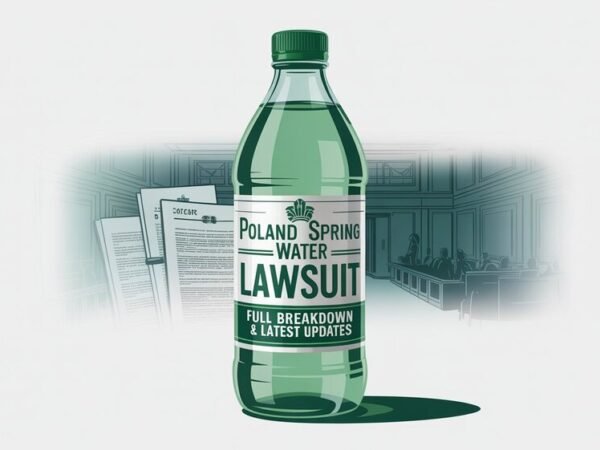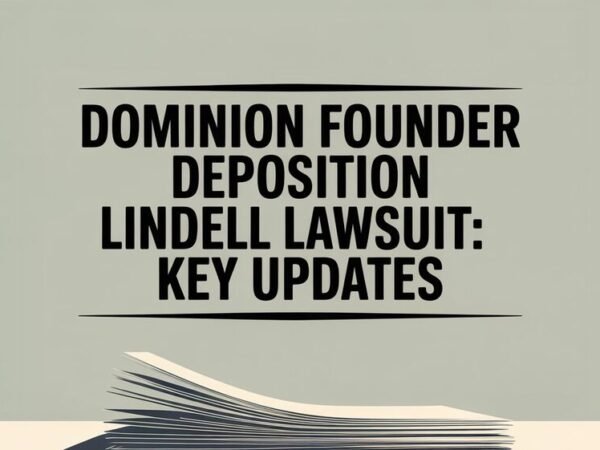Introduction
If you’ve ever received a notice in the mail saying you might be part of a lawsuit without even realizing it, chances are it was about a class action. But what is a class action lawsuit, and why do they matter more than ever in 2025? As corporate practices come under closer public scrutiny and digital interactions increase, class actions have become critical for ordinary people to stand up to big companies and institutions. This guide is designed for consumers, employees, investors, and anyone curious about how group litigation works and how it might impact their lives. Understanding class actions today can help you know your rights tomorrow.
Class Action Lawsuit Definition
So, what is a class action lawsuit? Simply put, a class action is a legal case brought by one or more people on behalf of a larger group who have experienced similar harm. These cases are typically filed when it’s impractical for individuals to pursue separate claims. Think of it as one lawsuit that covers hundreds, thousands, or even millions of people. It must meet specific criteria to be certified as a class action. One of the main characteristics is a “commonality of claims,” meaning all group members share similar legal grievances. Class actions save time and resources compared to individual lawsuits while creating a unified front against a typical defendant.
How Class Action Lawsuits Work
Class action begins when an individual or small group (called lead plaintiffs) files a claim against a defendant, usually a large corporation, on behalf of a broader group. Once the case is filed, the court must decide whether it qualifies as a class action through “class certification.” If approved, all potential class members are notified. Members can usually choose to remain in the class or opt-out and pursue their claims individually. The lead plaintiffs and their legal team take on the bulk of the responsibility, including presenting the case in court or negotiating settlements. Any verdict or settlement applies to all members unless they opt-out.
Types of Class Action Lawsuits
Class action lawsuits span multiple industries and legal categories. Consumer protection is one of the most common types, where companies are held accountable for false advertising, hidden fees, or defective products. Employment-related class actions typically involve wage violations, workplace discrimination, or unfair labor practices. Securities fraud lawsuits often arise when investors suffer losses from misleading information from publicly traded companies. With the rise in digital interactions, data privacy, and cyber breach class actions are becoming increasingly prevalent, targeting companies that fail to safeguard user information. Product liability class actions hold manufacturers accountable for dangerous or faulty goods, protecting public safety broadly.
Class Action Certification Requirements
A lawsuit must meet several legal standards to qualify as a class action. The most important are outlined in Rule 23 of the Federal Rules of Civil Procedure in the U.S. First, the class must be so large that joining all members individually is impractical. Second, there must be questions of law or fact common to all class members. Third, the lead plaintiffs’ claims must be typical of the class. Finally, the representatives must fairly and adequately protect the interests of the entire class. Certification can be denied if a judge believes individual issues outweigh common ones or the case lacks efficiency compared to personal lawsuits.
Benefits of a Class Action Lawsuit
Class actions offer a variety of benefits to plaintiffs and the legal system alike. One significant advantage is efficiency: rather than flooding the courts with similar individual lawsuits, one class action handles all claims collectively. This helps conserve judicial resources while ensuring consistent rulings. Class actions also lower the financial barrier to justice. Legal costs are shared, making it easier for individuals without deep pockets to pursue legitimate grievances. Additionally, class actions can apply significant pressure on defendants, leading to higher settlement amounts or systemic changes within a company. They give people power in numbers—a critical tool when facing well-funded corporate legal teams.
Drawbacks to Consider
Despite their benefits, class actions are not without downsides. One of the most common criticisms is the relatively small payout individual members receive, especially when legal fees consume many settlements. These cases also tend to drag on for years, delaying justice for affected parties. Moreover, some class members may disagree with the final settlement terms but still be bound by them unless they opt out early. In rare cases, class actions can be used as leverage for quick settlements without significantly benefiting plaintiffs. As a participant, it’s essential to understand the risks and limitations before getting involved.
Major Class Action Lawsuits in 2025
In 2025, class actions have made headlines across sectors. Though we won’t name companies here to maintain evergreen SEO relevance, lawsuits involving digital privacy breaches, workplace algorithmic bias, and misleading product claims have emerged. Due to growing public awareness, legal experts predict a rise in class actions involving artificial intelligence and environmental claims. These landmark cases are not just legal events; they influence corporate policies and industry standards. As the law evolves, these high-profile lawsuits serve as critical precedents shaping future interpretations and regulatory frameworks.
How to Join a Class Action Lawsuit
Joining a class action lawsuit is often straightforward. Once a court certifies a class, potential members are notified via email, mail, or public advertisements. You may need to fill out a simple form to confirm your participation. In many cases, if you meet the eligibility criteria and do nothing, you’re automatically included. If you prefer to pursue your legal route, you must opt out before the deadline. As a class member, you don’t have to appear in court or take legal action yourself; the lead plaintiffs and attorneys handle the heavy lifting. Knowing your rights and reading all notices carefully ensures you stay informed.
Starting Your Class Action Lawsuit
If you’ve experienced a widespread issue and believe others have, consider initiating a class action lawsuit. Start by gathering documentation and identifying a law firm experienced in class actions. These attorneys will evaluate your case’s potential, including the number of affected people, the commonality of harm, and legal grounds. Timing is critical—most cases must be filed within a statute of limitations, which varies by state and case type. A strong legal team can guide you through the certification process and help build a compelling case. While starting a class action is complex, it can lead to meaningful change and compensation.
Class Actions Around the World
While class actions originated in the United States, many countries have adopted similar collective redress systems. Though rules and procedures vary, Canada, Australia, and the UK have seen an uptick in collective legal actions. In some jurisdictions, opt-in systems require affected individuals to join the lawsuit, unlike the U.S. opt-out model actively. Global companies may face parallel lawsuits in multiple countries, prompting international coordination and broader settlements. As consumer awareness grows worldwide, we expect collective actions to play an increasingly vital role in global legal landscapes, particularly in environmental, tech, and human rights-related cases.
Conclusion
So, what is a class action lawsuit in 2025? It’s more than just a legal term—it’s a powerful mechanism for everyday people to hold large organizations accountable. Whether you’re a consumer affected by a faulty product, an employee facing unfair practices, or a user impacted by data misuse, class actions offer a way to seek justice without bearing the full weight of a lawsuit alone. As technology, laws, and consumer expectations evolve, staying informed about class actions is not just helpful—it’s empowering. Keep an eye out for notices, know your rights, and never underestimate the strength of collective legal action.
Do Read: Birthright Citizenship Lawsuit 2025 – Legal Battle Over 14th Amendment Rights




